If you are a sole trader or a partner in a business, extracting funds from the business is quite simple. However, if you are a director/shareholder in a limited company, this is not so easy, and care needs to be taken to ensure the extraction of funds is legal and does not give rise to unplanned tax liabilities.
The UK tax system is complex (to put it mildly), and a combination of methods is likely to be the most tax efficient.
Salary is one way – salary at a certain level ensures the year qualifies for state pension entitlement, but high salaries can incur significant national insurance costs for both the director and the company.
Dividends are the other common method of payment – but this can only be done if there are sufficient after-tax profits in the company.
If money has been lent to the company by the director., this can be withdrawn at any time without tax implications. If the loan balance is quite substantial, it might be possible to charge interest to the company on the loan. Beware though if too much is taken out and the loan becomes “overdrawn”. There are all sorts of tax implications in this scenario.
Pension contributions paid for by the company (within specified limits) are a tax-deductible company expense and builds up a fund outside of the company for the future benefit of the directors.
A combination of methods is usually required to make the extraction as tax efficient as possible and will consider each company and director individually and advise you of the optimal salary/dividend position.
Please contact us if you would like to discuss this in more detail.










